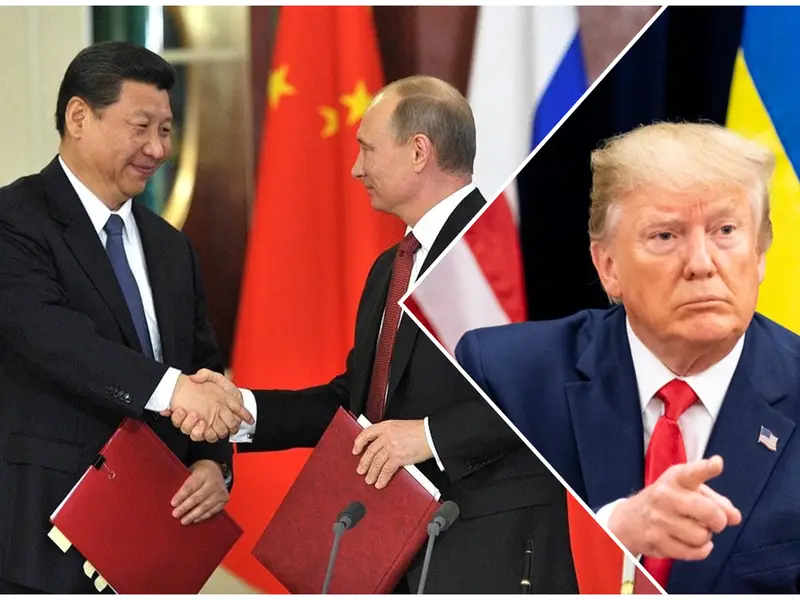Russian President Vladimir Putin has deepened Moscow’s energy partnership with Beijing, finalizing a long-anticipated gas deal that signals closer ties with China and defiance toward Western pressure. The agreement highlights how Moscow and Beijing are positioning themselves as strategic partners amid shifting global power dynamics, even as Washington seeks to isolate Russia economically.
At the Shanghai Cooperation Organisation (SCO) summit in Tianjin, Putin described relations with China as being at an “unprecedentedly high level.” The timing and rhetoric underscored a joint effort with Chinese President Xi Jinping to present an alternative to U.S.-led global structures.
According to reports from Russian and international outlets, Gazprom has signed a binding agreement for the construction of the Power of Siberia-2 pipeline. Once operational, it will supply 50 billion cubic meters of natural gas annually from western Russia to northern China—nearly half the volume of exports Moscow has lost in Europe since the invasion of Ukraine. The deal spans three decades and is expected to give China access to Russian gas at more favorable prices than those previously charged to Europe.

Gazprom’s CEO Alexey Miller called it the “largest and most capital-intensive gas project in the world,” framing it as a cornerstone of Russia’s economic pivot eastward.
The agreement comes at a time when Washington’s approach appears inconsistent. While the Trump administration has penalized India with tariffs for purchasing Russian oil, it has not taken comparable measures against China—Russia’s largest energy customer. The disparity has raised questions about U.S. foreign policy priorities and whether sanctions are being selectively enforced.
Despite Putin’s public emphasis on the deal, China has so far maintained deliberate ambiguity. State media made no direct mention of the pipeline, though Xi Jinping emphasized the importance of “major projects” in advancing bilateral cooperation, hinting at Beijing’s cautious but strategic stance.
During his stay, Putin held extended talks with Xi at the Chinese leader’s Zhongnanhai residence and also met Mongolia’s president. Putin evoked Cold War–era ties, declaring, “We were always together then, and we remain together now,” while Xi referred to him as an “old friend” and pledged to uphold “international fairness and justice.”
The optics of these meetings, coupled with the expected participation of North Korean leader Kim Jong Un at upcoming events in Beijing, highlight an emerging bloc of states seeking to counterbalance U.S. influence.
For now, the pipeline deal reinforces the growing interdependence between Moscow and Beijing. While Washington struggles to reconcile its hard line on some partners with leniency toward others, Russia and China are carefully building an energy-driven partnership that could reshape global alignments for decades.


